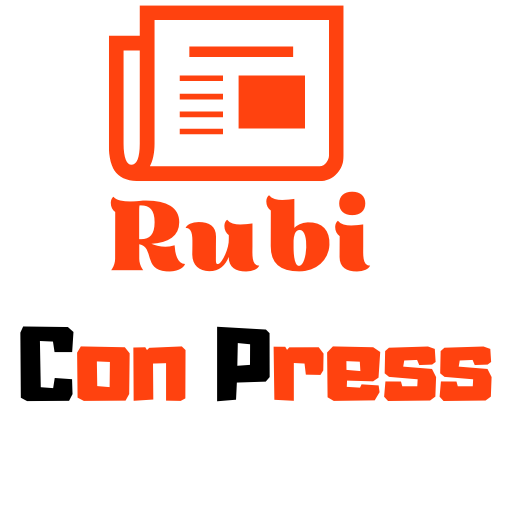Data Science and Artificial Intelligence (AI) have emerged as the key drivers of innovation, productivity, and growth across various industries. The field of Data Science encompasses the study of data, its cleaning, analysis, interpretation, and presentation to enable informed decision-making, while AI focuses on creating intelligent machines capable of performing tasks that typically require human intelligence. Both Data Science and AI have gained immense popularity among aspiring students, with many pursuing advanced studies in these domains. One popular examination conducted in India for admission to postgraduate programs in engineering, technology, and architecture is the Graduate Aptitude Test in Engineering (GATE). GATE serves as a gateway for students to secure admissions in prestigious institutions and also for recruitment in top companies.
For students looking to delve into the realms of Data Science and AI and prepare for the GATE examination, it is essential to have a comprehensive understanding of the syllabus. Let’s explore the detailed syllabus of Data Science and AI for GATE preparation:
Data Science and AI Syllabus for GATE:
1. Mathematics and Statistics:
- Linear Algebra: Matrices, determinants, systems of linear equations.
- Probability: Random variables, probability distributions, mean, median, mode, standard deviation, and probability distributions.
- Numerical Methods: Root finding, interpolation, approximation of functions.
2. Data Structures and Algorithms:
- Arrays, Stacks, Queues: Operations and applications.
- Graphs: BFS, DFS, shortest paths.
- Sorting and Searching: Various algorithms and their complexities.
3. Machine Learning:
- Supervised Learning: Regression, classification, support vector machines.
- Unsupervised Learning: Clustering, dimensionality reduction.
- Evaluation Metrics: Precision, recall, F1-score.
4. Artificial Intelligence:
- Search Algorithms: BFS, DFS, A*, heuristic search.
- Logic Programming: Propositional logic, first-order logic.
- Knowledge Representation: Semantic networks, frames, ontologies.
5. Data Science:
- Data Preprocessing: Cleaning, transformation, normalization.
- Exploratory Data Analysis (EDA): Visualization techniques, summary statistics.
- Feature Engineering: Selecting relevant features, feature scaling.
6. Deep Learning:
- Neural Networks: Feedforward, convolutional, recurrent.
- Deep Learning Architectures: CNNs, RNNs, GANs.
- Optimization Techniques: Gradient descent, backpropagation.
7. Natural Language Processing (NLP):
- Text Processing: Tokenization, stemming, lemmatization.
- Language Models: N-grams, word embeddings.
- Sentiment Analysis: Classification of sentiments in text data.
8. Big Data Analytics:
- MapReduce: Key-value pairs, Map and Reduce operations.
- Hadoop and Spark: Distributed computing frameworks.
- NoSQL Databases: MongoDB, Cassandra, HBase.
Frequently Asked Questions (FAQs) on Data Science and AI Syllabus for GATE:
1. How important is Mathematics in Data Science and AI preparation for GATE?
Mathematics forms the foundation of Data Science and AI. Understanding concepts of linear algebra, probability, and numerical methods is crucial for various algorithms and models in these domains.
2. Is prior programming experience necessary for GATE preparation in Data Science and AI?
While prior programming experience is beneficial, GATE syllabus includes basic programming concepts that can be learned during preparation. Proficiency in languages like Python, R, or Java is advantageous.
3. What are the best resources to prepare for Machine Learning topics in GATE?
For Machine Learning, resources like books by Andrew Ng, online courses on platforms like Coursera, and practice with datasets on Kaggle can be extremely helpful.
4. How can one improve problem-solving skills for Data Structures and Algorithms in GATE?
Regular practice of solving problems from textbooks, online platforms like LeetCode, and participating in coding competitions can enhance problem-solving skills.
5. Are practical projects necessary for GATE preparation in Data Science and AI?
While practical projects can provide hands-on experience and a deeper understanding of concepts, focusing on theoretical understanding and application of algorithms is crucial for GATE preparation.
Mastering the syllabus of Data Science and AI is the key to cracking the GATE examination with flying colors. By focusing on each topic, practicing regularly, and seeking help from online resources and mentors, aspirants can enhance their knowledge and skills in these cutting-edge fields. GATE serves as a stepping stone towards a successful career in Data Science and AI, opening doors to a plethora of opportunities in academia and industry.
